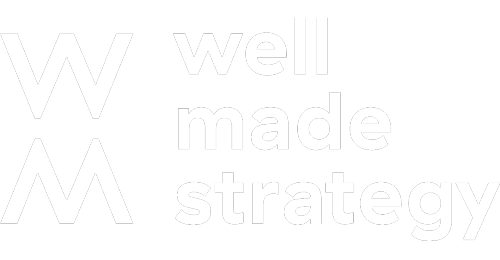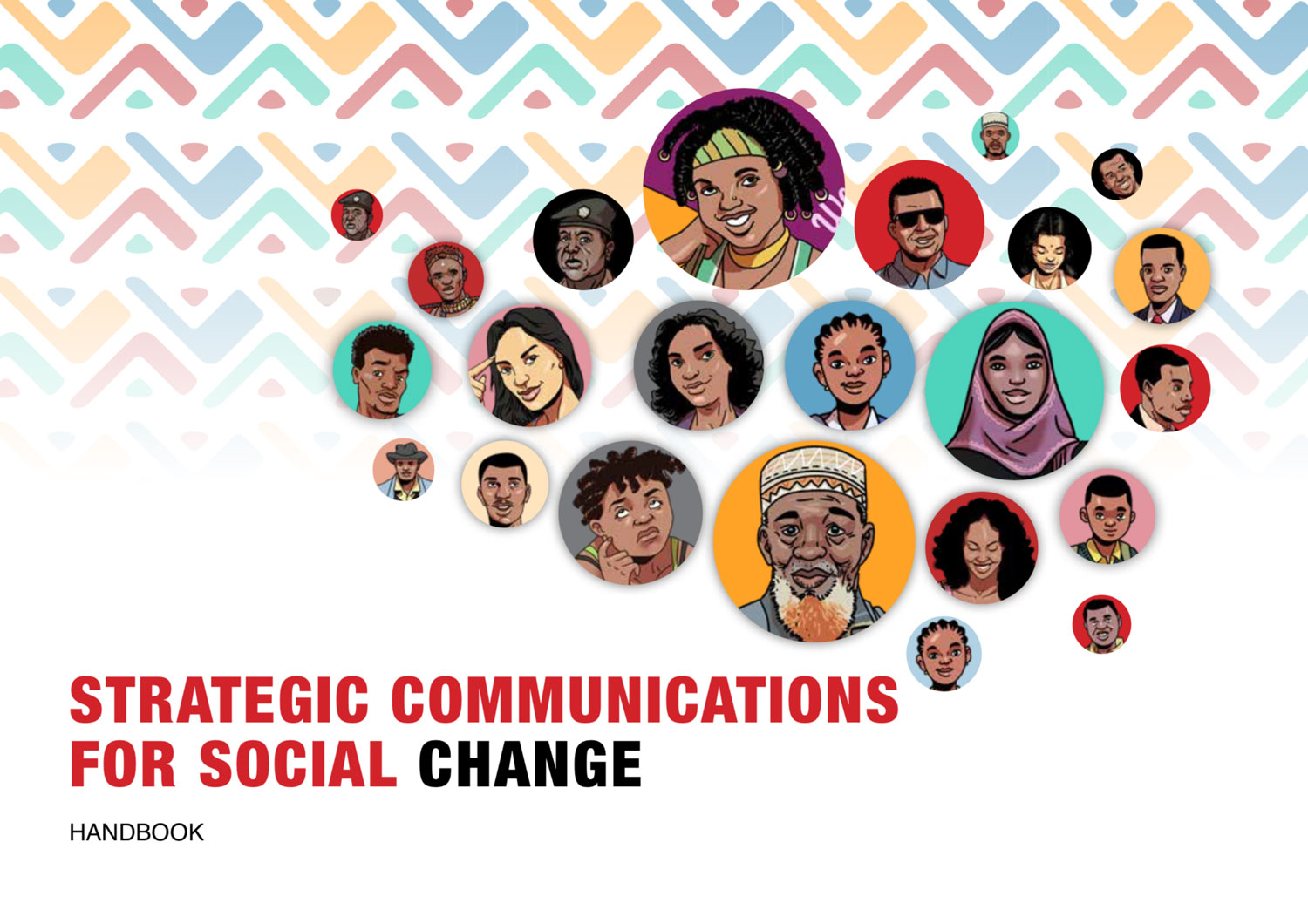When Mango Tree started to see astounding results in the reading and writing skills of primary school learners from their Lira literacy project in Lira, Northern Uganda, they wanted influential people in the Ministry of Education to know about it. This would help them in their relations with the ministry and administration.
Key ministry officials visited Mango Tree’s Northern Uganda Literacy Project.
A clear and coordinated communications plan was designed to put themselves on the map and ensure that relevant ministry officials gained a better understanding of Mango Tree’s work in Northern Uganda. Remaining focused on what they do well – expanding the Northern Uganda Literacy Program (NULP) with a randomised control trial (RCT) to rigorously test the literacy model in 128 primary schools, they used a step-by-step planner to help set clear objectives. One was to get a seat at the national literacy policy table so that they could influence on a national scale. They launched a coordinated plan that included:
- Briefing specific ministry officials on the 2013 RCT results and the literacy model
- Presentations at key working groups to introduce Mango Tree and NULP
- Follow up calls and visits to continue building the relationships
These were all simple activities that would occur to anyone. Writing them down and putting them in a calendar however, allowed gaps to be identified and ensured logical sequenced implementation. This groundwork culminated in two visits by the commissioners and their officials. They observed the literacy model in action, interacted with pupils, teachers, head teachers and district officials and gained a clear understanding of the project.
Before the visits – at the end of 2014 – the Mango Tree team sat down to revisit their key objectives; they wanted to be involved in the Basic Education working group and to push for the harmonisation of literacy models in schools. Over the three-day visit therefore staff members steered conversations towards these objectives – an example of smart, strategic communications: well planned, coordinated, clear and targeted. Follow-up is ongoing and is expected to reap further rewards this year.
With more evidence of impact expected in 2015 NULP is well placed to become a big player. Its communication plan was targeted and clear and has set them up to play a critical role in primary school literacy model uptake in Uganda.


